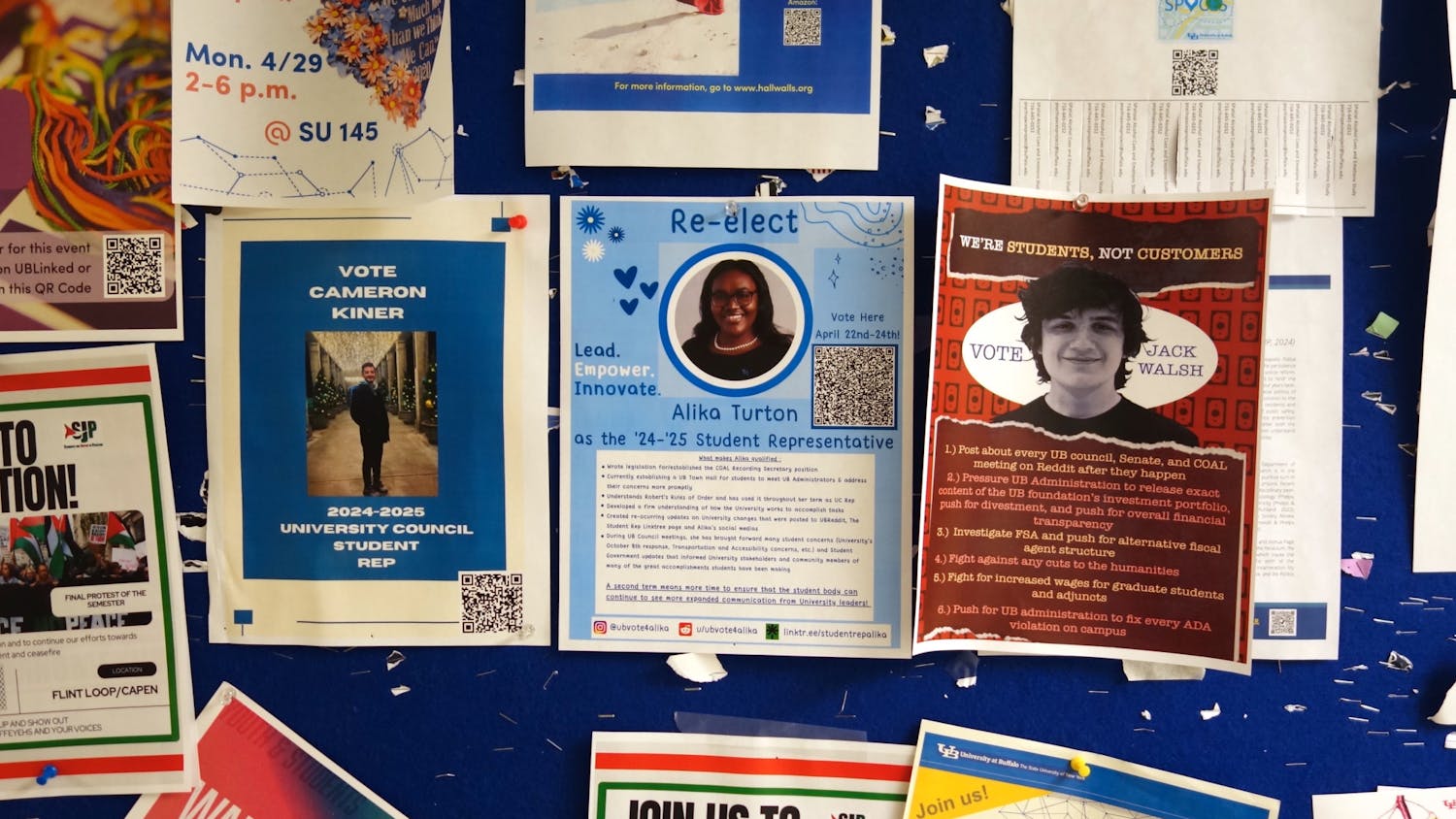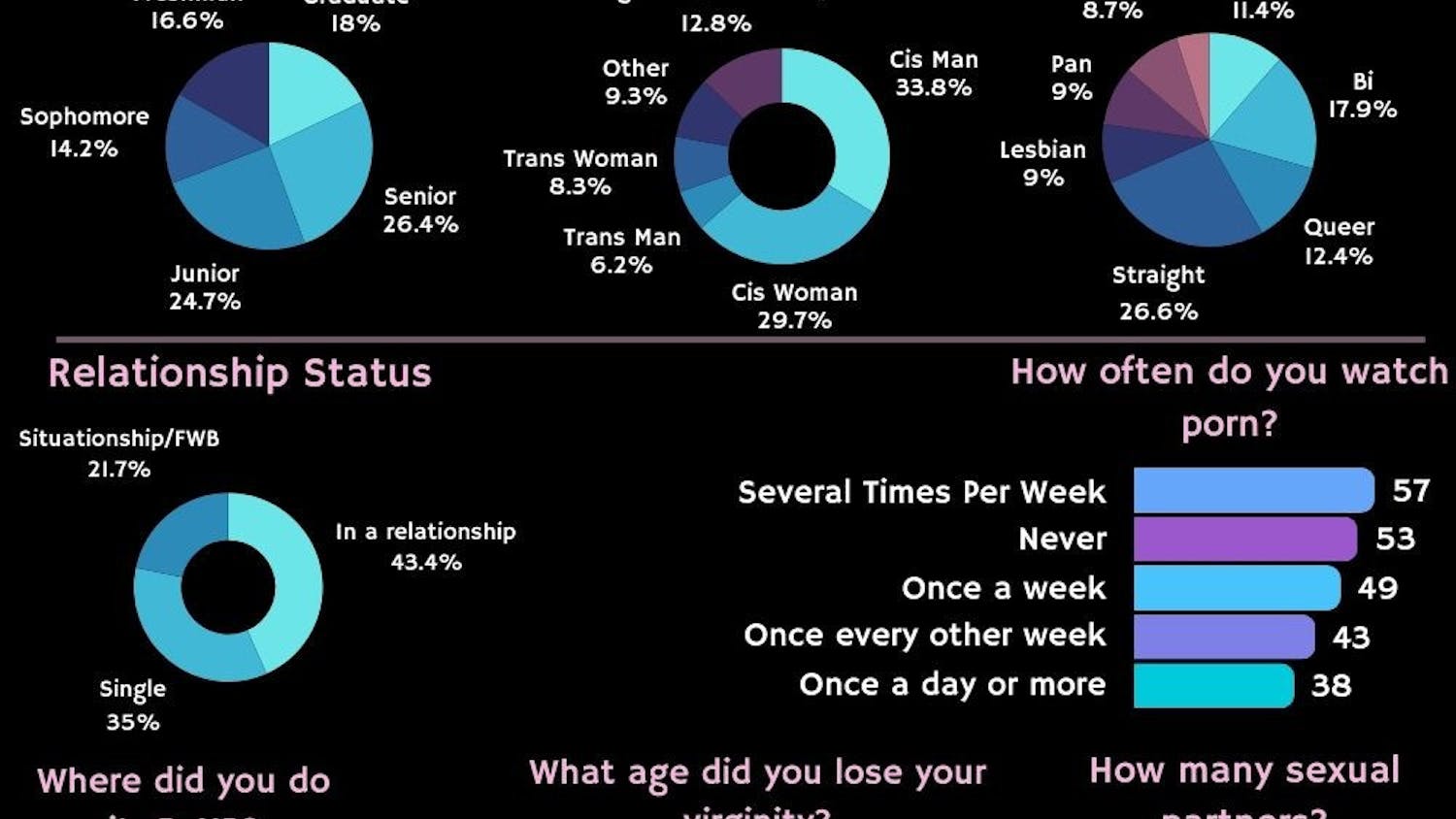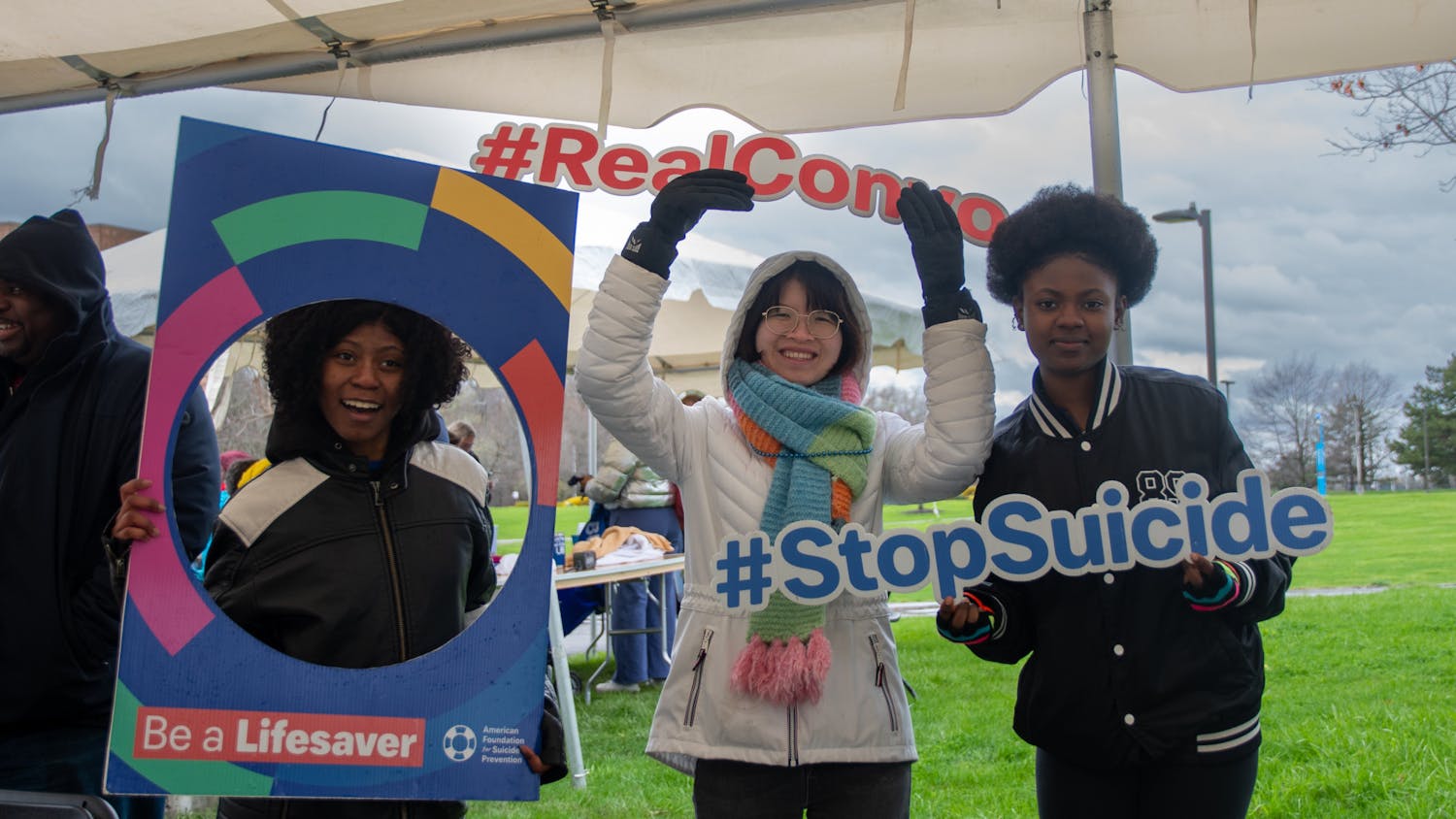It can seem that the famous are living on an entirely different plane. There’s a certain glamour to their lime-lit lives that demands our attention, even for those who don’t keep up with gossip columns.
With a sizable portion of the nation tuned into their every utterance, celebrities often use this inexplicable fascination to become activists, transcending their roles as entertainers by lending support to various political issues. The past decade has shown that a celebrity endorsement can be the factor that puts an unsung cause on the map.
President Barack Obama’s 2008 presidential campaign, for example, was greatly bolstered by the endorsement of influential talk show host Oprah Winfrey. Economists Craig Garthwaite and Tim Moore calculated that Winfrey’s support won Obama more than 1 million votes in the 2008 primary, which is speculated to have won him the Democratic nomination.
In the age of social media, a celebrity endorsement is not unlike the addition of a superhero to one’s campaign team. If you or I voice a political message on Facebook or Twitter, our audience is usually limited to our own friends and followers. When a celebrity posts their views, people listen.
Celebrity voices have been in force on all sides of the 2016 election, some more eloquent than others. Yet the question remains: When academic and expert opinions remain in obscurity, why are we prone to heed the opinions of entertainers at all?
Consider musician Kid Rock’s recent endorsement of Republican candidate Donald Trump. He recently told Rolling Stone that he is “digging” the real estate magnate, saying, “Let the motherf*****g business guy run [the country] like a f*****g business.”
Across the party aisle, reality TV star Kim Kardashian’s endorsement of Hillary Clinton – complete with a selfie – is no more compelling.
Neither was stoner comedian Tommy Chong’s comparison of Democratic candidate Bernie Sanders to “the best kind of weed you can get” particularly convincing, even with the marijuana enthusiast’s claim that Sanders was “the answer to all our problems.”
Despite the effectiveness of celebrity endorsements in bringing publicity to a political platform, most people remain skeptical of star-powered endorsements.
“I don’t think celebrities are very convincing,” said Isabel Guo, a junior business major. “But they may help to convince low-information voters that a candidate is honest.”
Guo added that artists can “motivate voters” through performances in support of their candidate of choice.
Vampire Weekend’s recent performance of Woody Guthrie’s classic folk song “This Land is Your Land” at a Sanders rally, for example, made waves on social media.
Colleen Clary, a junior psychology major, expressed the same sentiment.
“I wouldn't let the endorsement of a celebrity sway my opinion,” Clary said. “I think that some people are easily swayed by the opinions of celebrities, and instead of voting for a candidate on the basis of their political beliefs and plans, they might solely base their vote on someone due to the fact that their favorite celebrity said they are voting for them.”
Clary said citizens basing their voting decisions on their favorite celebrities’ endorsements is “an obvious problem because voters aren't necessarily voting on the basis of knowledge, but instead voting for someone for reasons that aren't important.”
The unsettling thing is that, although the opinions of celebrities themselves are not held in particularly high esteem, the famous continue to wield inordinate power in shaping our political discourse by virtue of their high-profile media presence.
While few consciously turn to stars like Chuck Norris or Lady Gaga for their political stances, the United State’s fascination with celebrities makes us prone to what psychologists call the “exposure effect,” in which mere familiarity with a thing, such as a politician’s name, causes us to develop a preference for them. By this mechanism the political preferences of the celebrity sphere, no matter how unrepresentative of the American population at large, are allowed to shape our opinions.
Can we fault celebrities for contributing to this discussion? Certainly not. Nor should we discount any meaningful points they might make.
The real problem is rooted in the fact that, in a conversation so centered around the collective digital arena, the political climate is less about issues and more about the power of likes, followers, upvotes and other social media plaudits.
Arbitrarily, society has handed much of this power into the hands of celebrities whose expertise is – to put it lightly – in question.
Luke Heuskin is the assistant arts editor and can be reached at luke.heuskin@ubspectrum.com.





